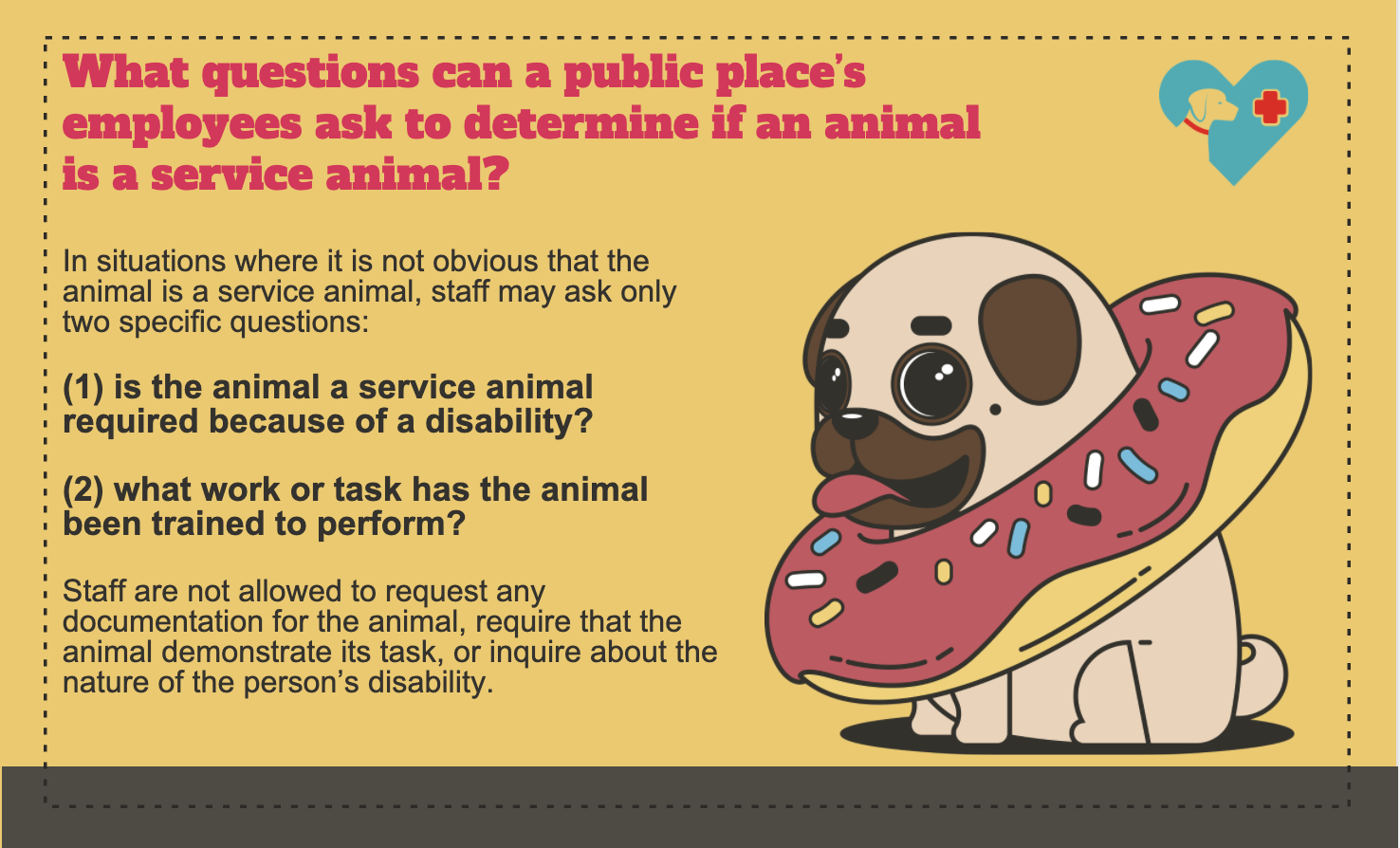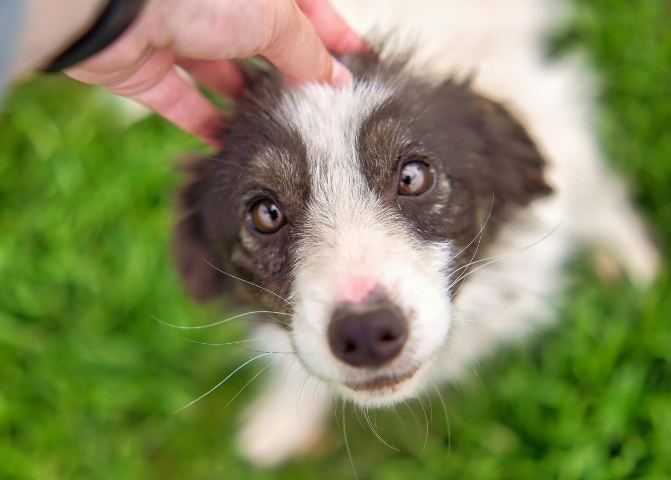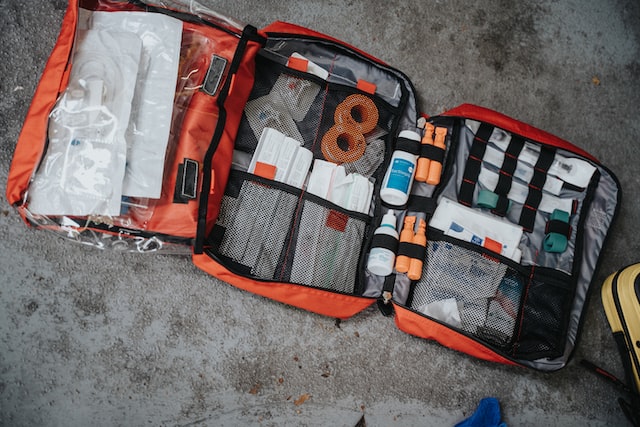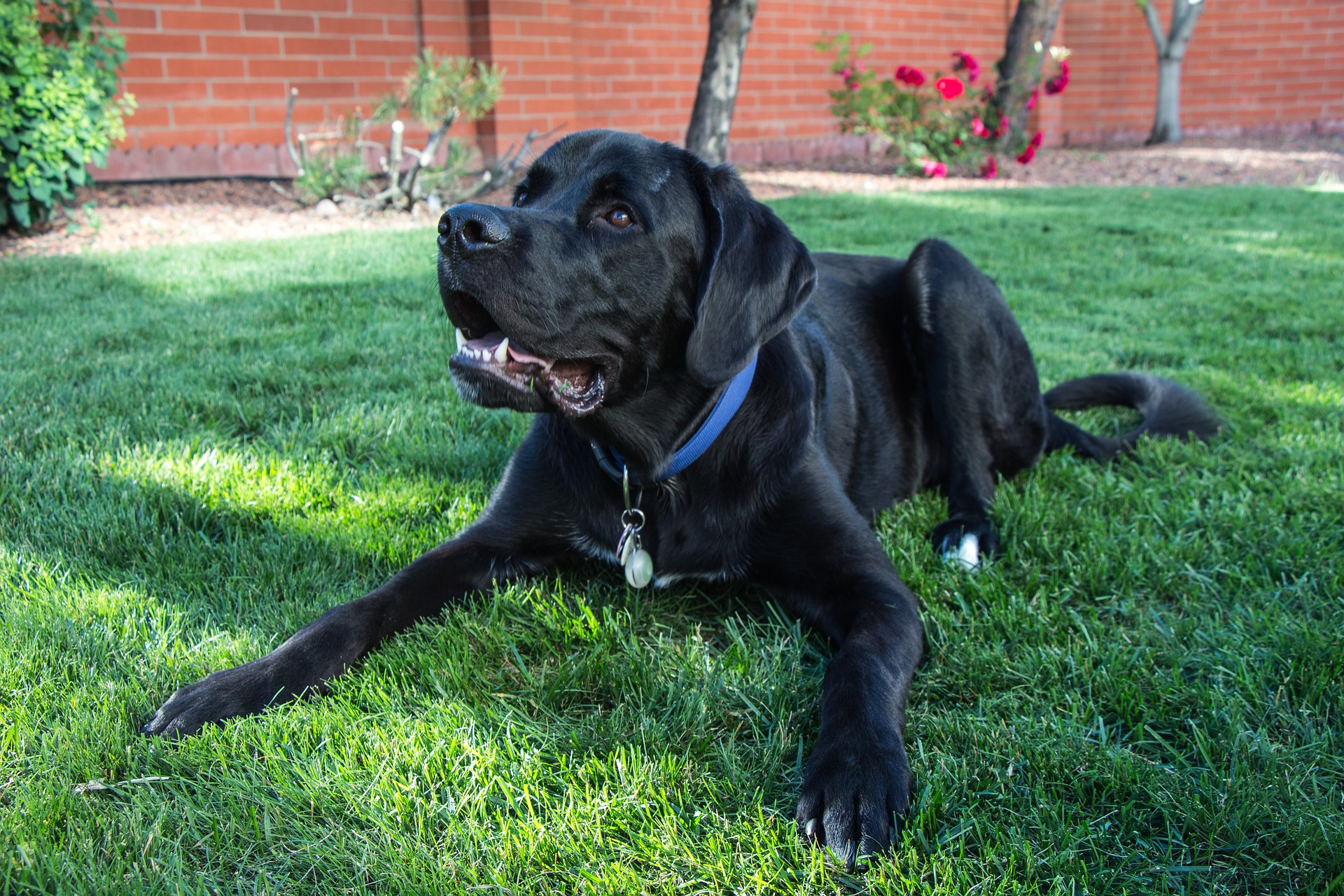
When you have a dog, it is important to know the most common possible behavior problems associated with your canine. This can help you prevent these issues from happening, or to help you stop them from continuing. In order to have the best relationship with your dog, it is important to understand why they do the things they do.
If your dog has severe behavioral problems, it is extremely important to solve them as soon as possible as you could potentially put yourself and others at risk, if your dog gets aggressive for example.
Here is a list of potential behavior problems you need to change:
No. 1 Excessive Barking
There are many possible reasons as to why your dog could be barking too much. Naturally, dogs bark to communicate with us and express their emotions, depending on the situation. However, excessive barking is considered a behavior problem and should be stopped.
Reasons why your dog may bark too much:
• Loneliness
when dogs are alone for a prolonged period, they become unhappy and express this with barking. This is because dogs are pack animals, which means they enjoy the company of others.
• Fear
your dog may be barking due to concern or fear. Anything can cause your pet to feel unsafe or alerted, such as a loud noise or a strange situation. This isn’t usually something to be concerned about and doesn’t always need training. But if your dog is afraid of a lot of things and the barking becomes severe, it is important to desensitize your dog by confronting them slowly with the objects they may fear. Your goal is to show them that there is nothing to be afraid of or nervous about. This may take some time, but it certainly should work.
• Health issues
often, some dogs may be barking because they are in pain or uncomfortable in some way. You should always be mindful of this and check your dog regularly for any signs of pain. You may do this by feeling around their bodies for any tender spots, they will most likely bark or whine if this area is touched. It may also be a clever idea to check in with your vet if you can't find any sore spots, as it could be internal pain.
• Older dogs
as your dog ages, they tend to bark a lot more. This could be a result of a few things like stress, separation anxiety, looking for attention, or even a sign of cognitive dysfunction, a behavioral syndrome that affects old dogs. To stop your older dog from barking, the best way is to ignore them. Once they finally stop barking you should praise them and give them a treat.
• Separation anxiety
if your dog barks or cries when left alone, they are most likely suffering from separation anxiety. As well as excessive barking, dogs with separation anxiety can develop other behavioral problems such as chewing furniture, scratching doors or walls etc. To stop a dog from having separation anxiety, you shouldn’t make big deals out of arrivals or departures. When you arrive home from being out for a while, ignore your dog for the first few minutes, then pet them. This shows them that your leaving is no big deal. You could also leave your dog with a recently worn clothing item that smells like you. This is a subtle way to comfort your dog.

How to stop excessive barking in dogs
As a dog owner, you should train your dog when they should bark and when they need to be quiet. You should also do this when your puppy is young as they can adapt to bad behaviors and it becomes exceedingly difficult to avoid this when they are older.
An effective way to do this is to train your dog the speak/quiet commands. This is a rather difficult skill to train and could take weeks to do. The goal is to be able to tell your dog to bark on command or to be quiet on command by saying a certain word or doing a certain action. To train your dog to speak, create a situation that causes your dog to bark, such as someone ringing the doorbell. Say aloud the cue word you have chosen and praise your dog with a treat. Repeat this until your dog seems to understand. To train your dog to be quiet, once again create a situation that causes your dog to bark. Get your dog's attention and say your chosen cue word. Once the barking stops, praise them with a treat. Repeat this until your dog understands. When training your dog these commands, be sure to keep the training sessions brief.
No.2 Chewing
Dog is a natural thing that dogs need to do as it is part of their nature, but once the chewing being excessive and destructive something needs to be done about it. There are common reasons that dogs chew, such as Puppy teething, anxiety, boredom, curiosity in puppies. It also keeps their jaws strong.
It is important to train your dog to chew on the right thing, like their chew toys. If you catch your dog chewing on something they shouldn’t be, show them you are unhappy by making a sharp noise and replace the item with a chew toy. This should eventually show your dog that they shouldn’t chew on your personal items.
You should be mindful of your dog's curiosity and keep your personal items away from their reach too. Taking your dog for walks frequently will also wear off energy which will cause them to chew less.
No.3 Biting
There are many reasons as to why a dog may bite or nip you. It is common in puppies as they haven't been taught any differently yet. They also bite out of curiosity when exploring a new environment. Older dogs may bite out of fear, self-defense or protection, or property or if they aren’t feeling well. Some dogs may also bite or nip you in a playful way, but this can become a problem if the biting becomes too rough or hurts you.
To stop your dog from biting you, wait until they bite you especially hard. When this happens immediately let out a high-pitched yelp and drop your hand limp. This may startle your dog and show them that they have hurt you. Keep in mind that mouthing on your hands gently is different from biting you, so don’t scold them unless it hurts you.
No.4 Digging
Your dog may dig in your garden or property whenever they get the chance. Certain dog breeds are more prone to digging, huskies (heavy-coated dogs), terriers, or dachshunds (short-legged dogs). Reasons for digging are as follows: boredom or they are too energetic, anxiety/fear, to find comfort, to hide their possessions like bones or toys, etc.
It can be rather frustrating when your dog digs holes as it can make quite a mess. To stop your dog from digging holes, you should keep them well-occupied with interesting toys or playing with them while they are outside. Another clever way is to walk your dog frequently to keep their energy levels low, as this will make them too tired to dig.
If these techniques don’t work, you can resort to sprays or deterrents for dog training. Spray or place these in the area where digging occurs the most. Your dog will smell the strong odor when they go to dig and it will stop them from the action, hopefully.
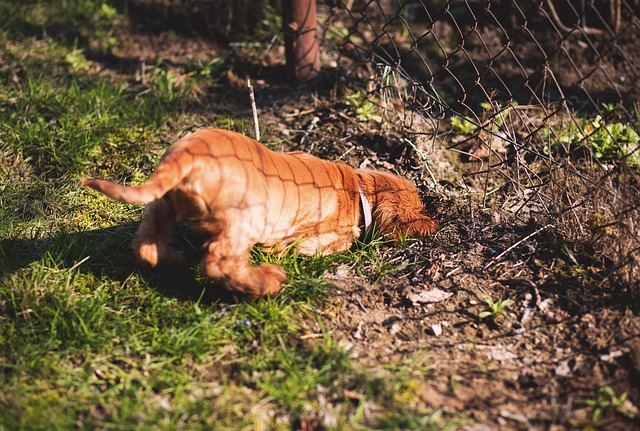
No.5 Aggressive behavior
The environment in which your dog is situated has a huge impact on its behavior. This includes your dog becoming aggressive. All dogs can become aggressive, not just the dogs classed as ‘dangerous’, this is important to keep in mind. Dogs show they are angry by growling, snarling, showing their teeth, lunging, or biting.
They are several reasons as to why your dog may, unfortunately, become aggressive or show aggressive behavior, such as:
• Possessiveness or food guarding
your dog may become possessive over its food, favorite treat, or favorite toy, maybe even its owners. A dog with this type of aggression may growl or bark if someone approaches one of these objects of value.
• Fear
often, dogs may become aggressive when they fear they are in danger or cannot escape a certain situation or place. This is a defense mechanism. Your dog may also get aggressive if it feels threatened because of its past. If your dog was abused or mistreated by its previous owner, this can influence its behavior and cause your dog to fear certain things you do. Therefore, they will get aggressive to defend themselves.
• Illness/injury
if your dog suddenly starts to growl or gets angry out of nowhere, it could be due to an illness or injury. These things cause discomfort and stress. Examples of injuries or illnesses include bone fractures, tumors, arthritis, or internal injuries. Illnesses such as cognitive dysfunction may also cause your dog to become aggressive as it affects your dog's brain. This is more likely to occur in older dogs. It is a good idea to consult a vet about these concerns.
• Frustration
there are multiple reasons as to why your dog may become aggressive, such as being tied up on a leash for too long, not being able to do something they want to do, the neighbor's dogs barking, etc. Your dog will show its frustration by barking or growling.
• Trying to show their dominance
this mainly occurs towards other dogs but it can happen towards humans too. They want to show that they are in charge and they shouldn’t be messed with.
If your dog has aggressive tendencies, you should always consult a vet first in case of a health problem. Otherwise, you should consider a dog training professional to keep yourself and others safe.
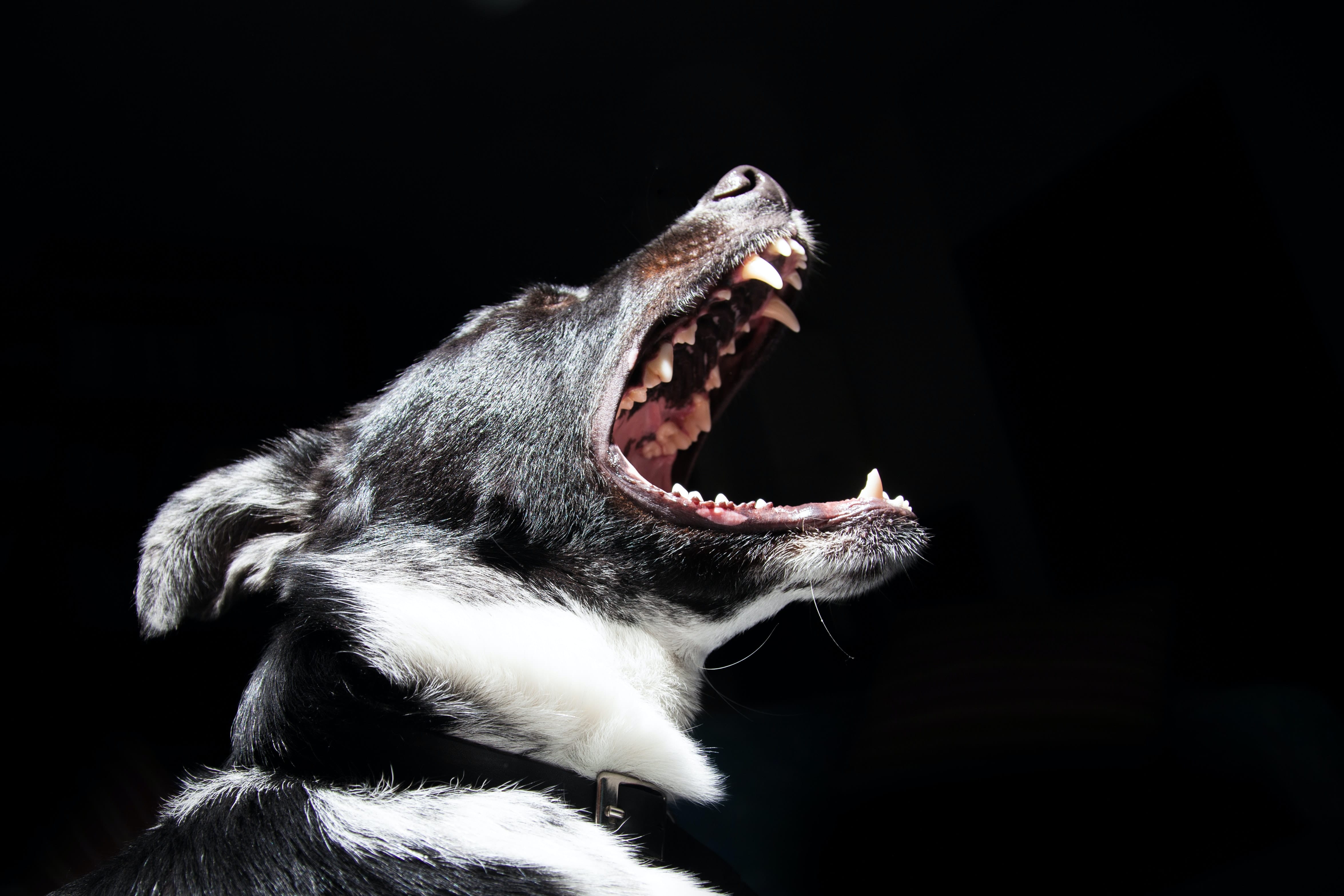
No.6 Jumping up
Dogs jumping up on their owners or on new people coming into their house is very common and natural for dogs. This is how a lot of dogs greet people. Your dog may also jump up on you if they see you holding their favorite treat or food. Although your dog is doing this to be nice, it can be annoying. It could also be potentially dangerous.
To stop your dog from jumping up, you can always just push them off or raise a knee, but this doesn’t always work. A more effective way is to ignore your dog by turning around or walking away. Don’t make eye contact or talk to them when they jump up on you. Once they stop, praise them and give them a treat. They will eventually get the message.







